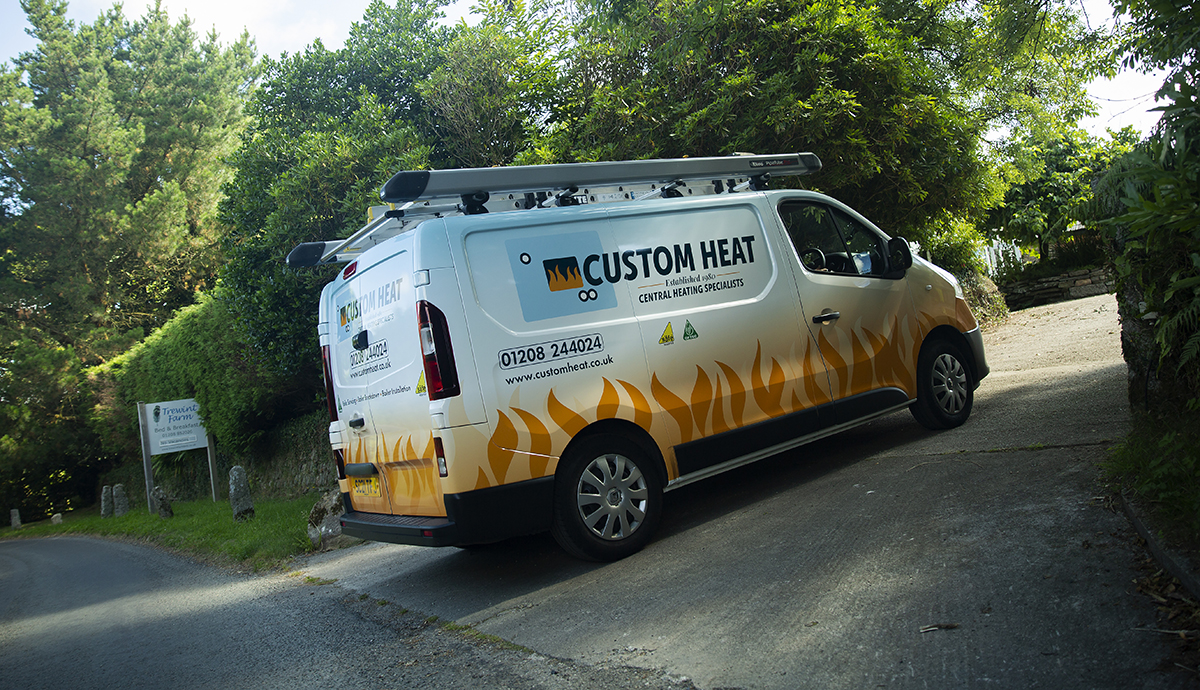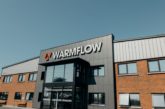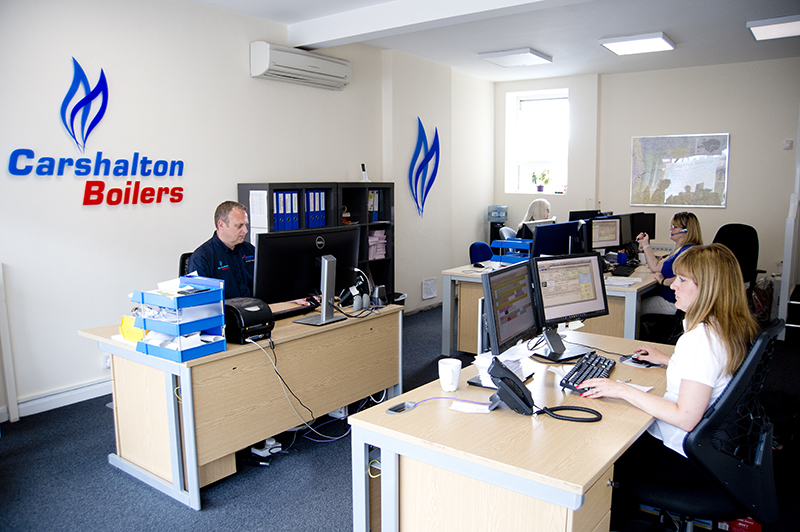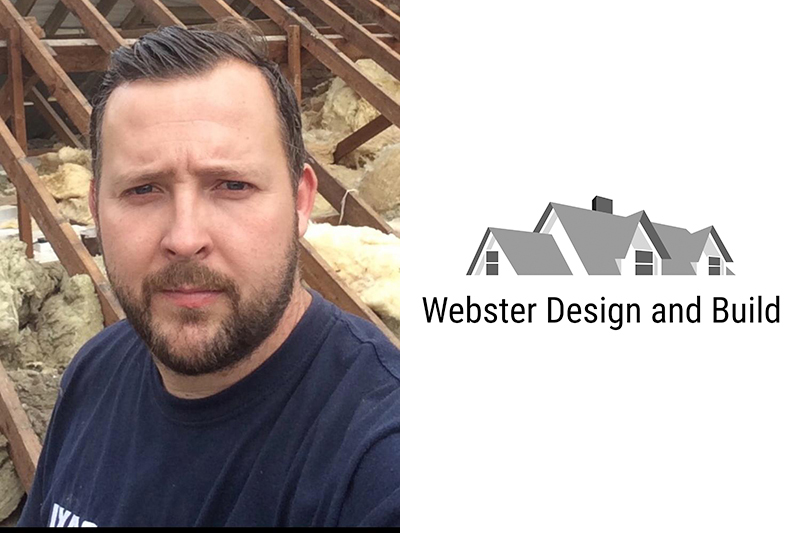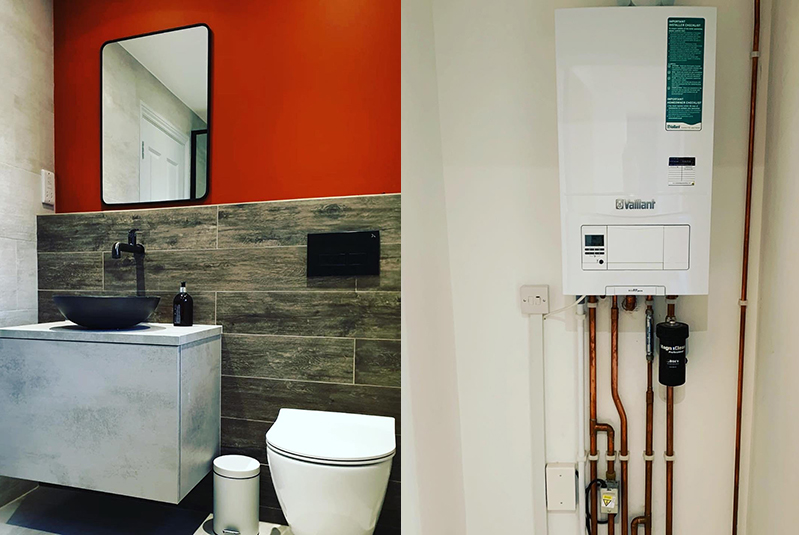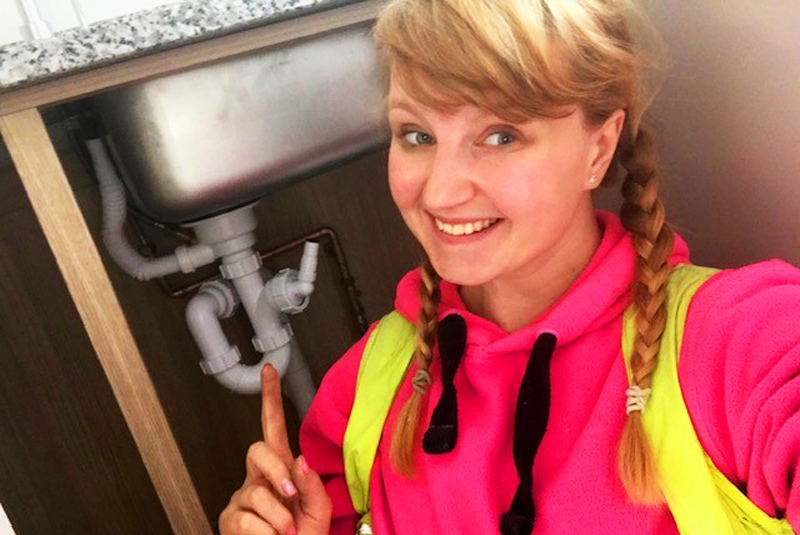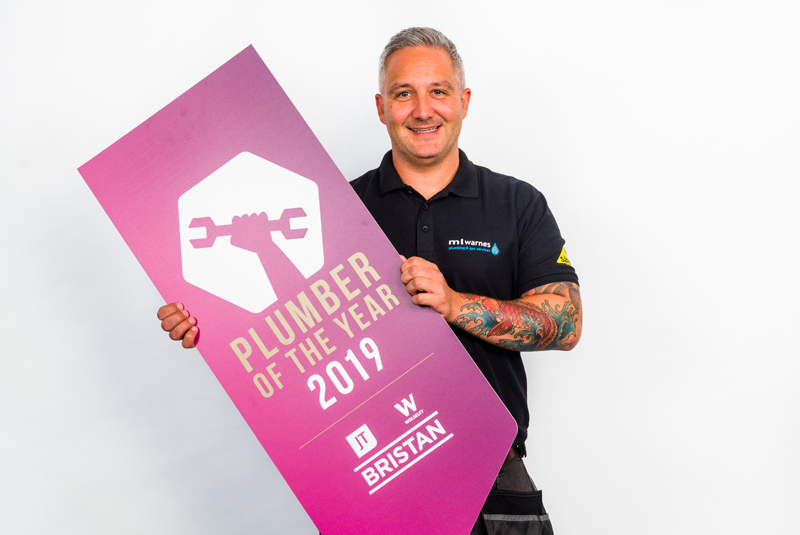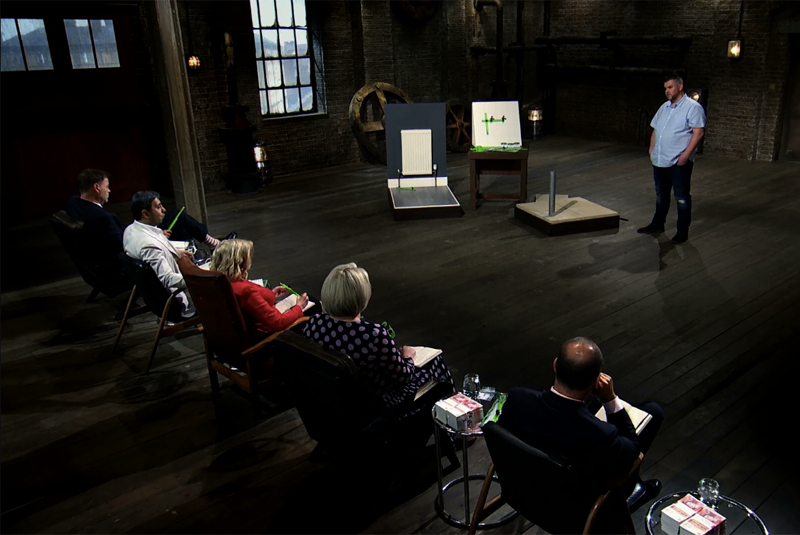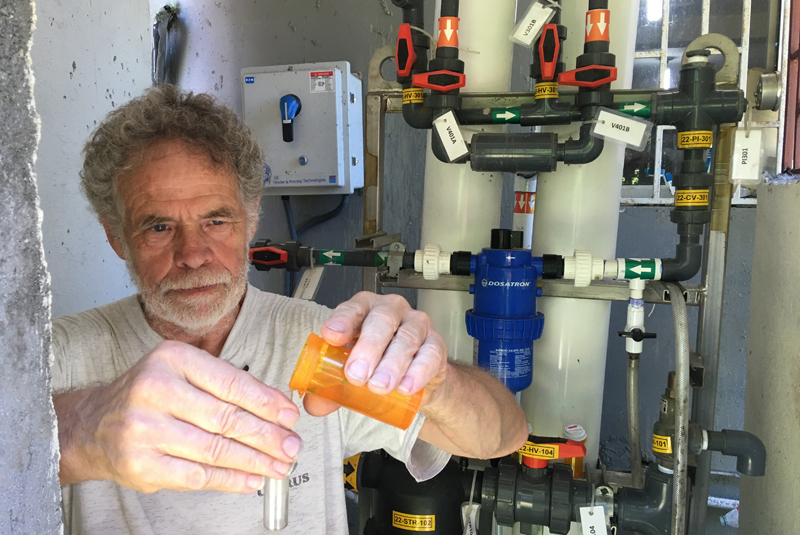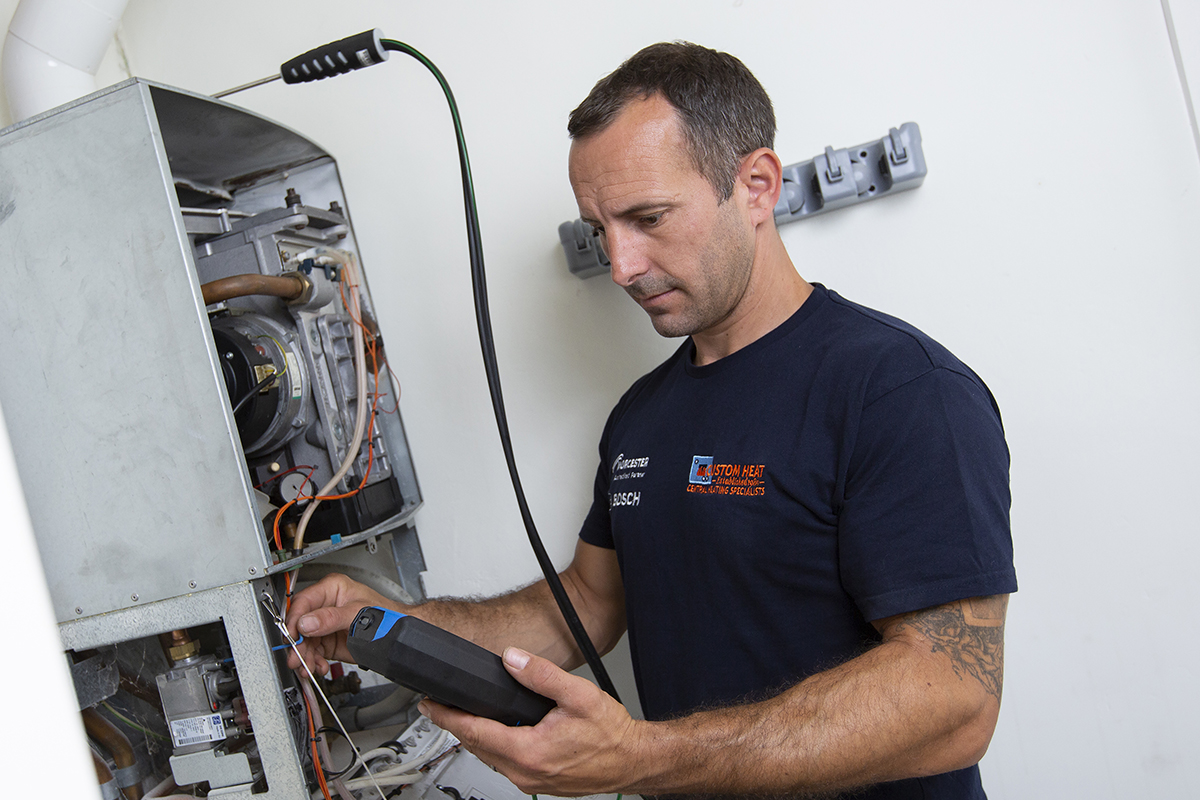
PHPI catches up with Lincoln Smith, Managing Director, Custom Heat, to discover more about the company’s recent growth, the technology it employs to create efficiencies and its views on decarbonising the sector.
Based in Rugby, Custom Heat has a workforce of around 140. What range of services does the firm offer?
If it comes under the umbrella of plumbing or heating, then we’re ready to help. On the heating side of the business, this includes the installation, maintenance and repair of all types of boilers and there are a surprisingly large number of villages around us in the Midlands that don’t have a gas supply. We install underfloor heating around 10 times a month and undertake about 100 reactive repairs. And, while fitting new radiators is part of our core service, we’ve been receiving more enquiries recently about upgrades and smart controls in relation to system efficiency and keeping bills down.
We’re well versed in the renewables arena, but currently not many customers are choosing to go down this route after the initial investigations. The overall expense – including the day-today running costs after installation – isn’t attractive.
In 2009, we added boiler care plans to our offering because peace of mind is the top priority for many busy families. To assist people with costs on the plumbing side we offer 0% finance for bathroom design and installation, and we work with partners to deliver the whole package, comprising carpentry, lighting, tiling and flooring, as well as the suite provision and behind the scenes connections. Naturally, we also undertake all other plumbing related tasks from unblocking pipework to system repairs.
It has recently been announced that the business has grown 56% in the last 12 months – how has that been achieved?
Custom Heat has been executing a growth strategy for around 18 months, edging out geographically with our head office in Rugby at the centre. We’ve always taken a steady approach to this, gradually employing more engineers who live further and further afield, and the recent focus has been on Birmingham and the north Cotswolds. In July we opened an office in Bodmin, Cornwall as well.
Nevertheless, I think there has been an element of natural growth due to increased public interest in system efficiency, all linked to the spiralling energy costs. From an increase in service bookings with people who don’t want to risk a breakdown or having an inefficient set up, to more installations where an old condensing boiler has been replaced with a state-of-the-art model.
Since Autumn last year, we have found that more people want and in-depth conversation with an expert and our engineers are always happy to impart their knowledge. Therefore, we’ve seen customers booking a service, but they’ve ended up purchasing a new boiler, new radiators, or smart controls – or a combination – in a bid to keep their homes warm and bills as low as possible.
How have you used technology to help make the lives of installers and customers easier?
In 2016 we turned to integrated, cloud-based business software. I had a natural interest in how technology could create efficiencies, remove manual processes, and make life easier for both customers and staff so it was a natural step.
This means, whether a customer makes an appointment via our website or over the phone, the booking gets intelligently allocated and confirmation and reminder emails or text messages are automatically sent, just as the invoice is when the job is complete. Ensuring the website meets modern customer preferences, with online bookings and a chat function, has been a key area of our success too.
Engineers out in the field have access to the system via their smartphones, so they can action process steps, access information on and order parts and from the office we can see which appointment of the day they are on in real-time. Suppliers, orders and all the company financials are also integrated so this facilitates me to look at snapshot data or to drill down to the detail.
Decarbonising the sector is becoming an ever more important topic. What is Custom Heat’s view on heat pumps and what is the company doing to make low carbon options available to customers?
Very simply put, I don’t think the renewables sector – underfunded and underdeveloped – is ready to retrofit most homes we live in and with the current energy crisis, now is not the time to install systems that cost consumers more money.
We have several engineers who are qualified to undertake the rigorous energy audit required and to undertake installations. However, more often than not we find that the insulation, draught proofing, and heat emitters are not good enough to meet a heat pumps requirements and the cost to remedy those things makes the switch prohibitive.
Homeowners aren’t necessarily ready to embrace the lifestyle change of these renewable systems either, where you can’t just flick a switch and have a too hot to touch radiator in a fairly short space of time. Then, returning to the costs, even with an optimised system, there’s little guarantee that monthly bills will be lower and that is understandably the number one priority for families right now.
Do you see apprenticeships as key to the future of Custom Heat and the wider sector?
Absolutely. We’ve been employing apprentices for 42 years since the business was founded, working with over 15 different colleges and training centres, and we aim to always have around 10% in our engineering workforce. Our sector is lacking people we really must focus on future-proofing it by attracting young people and making apprentice roles available.
I undertook the apprenticeship route, and there is no doubt that industry placements are beneficial to people entering all kinds of practical careers. The hands-on aspect is crucial for someone new entering our sector, and what they learn and achieve multiplies tenfold compared to a classroom only path.
In 2017 the firm employed 40 people, now the Custom Heat workforce is around 140. Where are your plans for the business in the coming years?
Building the business in Cornwall is obviously a focus right now and a part of that is building on our almost 2,000 positive online reviews. Our search optimisation is very strong thanks to our external marketing support, and I hope that this, paired with our offer to undertake an energy efficiency audit free of charge in people’s homes and business premises in Cornwall, will see us succeed in that the market.
We intend to continue our strategic expansion into other areas too, taking the same measured approach that has served us well for the last 18 months. The long-term plan is to start with the south Cotswolds while also moving north from Cornwall until we meet in the middle. We’re also moving further west into the Black Country and east of Peterborough, and any experienced engineers in any of these areas who are looking for a new challenge are always welcome to get in touch.
